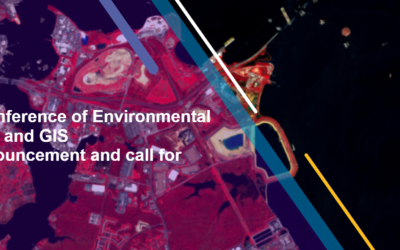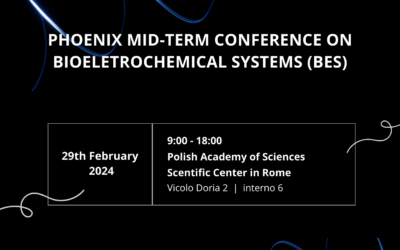Demonstrating the effectiveness of bio-electrochemical systems for exploiting the biological activity of living organisms for pollutants reduction, recycling of useful elements, synthesis of new products and production of electricity
Humanity faces unprecedented challenges: global warming, overuse of fossil fuel energy and rapidly growing urbanisation. While the development, validation and cost-efficiency improvement of energy-aware and limited-complexity solutions are becoming increasingly time-consuming, microorganisms represent one realistic hope. For millennia microbes have tirelessly been shaping the Earth’s ecosystems and with the right approach, they can help re-introduce environmental equilibrium.
PHOENIX aims to demonstrate the effectiveness of Bio-electrochemical systems (BESs); BESs are low environmental impact systems that exploit the biological activity of live organisms for pollutant reduction, recycling of useful elements, synthesis of new products and production of electricity, in the case of microbial fuel cells (MFC).
Recent advances in the field of low power electronics enable the exploitation of these sustainable and environmentally-friendly technologies. The activities of PHOENIX will be related to the characterization of BESs technologies and their implementation as bio-remediator, bio-sensors, and bio-reactors connected to sustainable urban planning, educational and socio-economic aspects. The integration of bio-technologies in the urban context is a key priority for appropriate rational urban planning and minimum environmental impact.

Action Details
CSO Approval date - 24/03/2020
Start of Action - 21/09/2020
End of Action - 20/09/2024
Working groups
WG 1
Educational and socio-economics aspect of environmental science for sustainable city planning
WG 2
Bio-Electrochemical Systems to reduce the environmental impact of pollutants and bioresource valorisation
Events
International Conference of Environmental Remote Sensing and GIS (ICERS)
ICERS – Conference announcement and call for abstracts
Phoenix mid-term conference on bioeletrochemical systems (BES)
Rome, 29th February 2024
ICIT 2024 Special Session
33rd SETAC Europe annual meeting
Dublin, 30 April – 4 May 2023
Upcoming: 33rd SETAC Europe annual meeting
33rd SETAC Europe annual meeting
Dublin, 30 April – 4 May 2023



